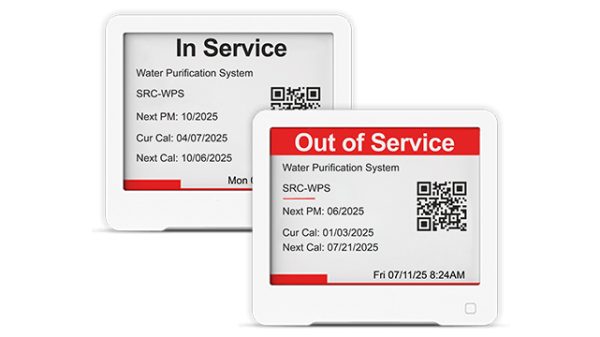According to a new report from global technology intelligence firm ABI Research, the total number of active LEO (including VLEO) satellites in operational orbit will increase from 7,473 in 2023 to approximately 42,600 by 2032.
As China and Europe intensify their efforts and make significant investments in the LEO satellite market, there is a growing emphasis on space technologies for both national and commercial strategies. With more companies entering this sector, there are vast opportunities to expand across various industry verticals to capture the potential the space domain offers.
“As we observe more competitors innovating their technologies and upgrading their satellite constellations to stay ahead in the space race, we anticipate a surge in commercial investment in satellite services and applications, including the Internet of Things (IoT), remote sensing, and global satellite communications. Additionally, advancements in real-time data processing and analysis, coupled with growing competition in value-added services such as Artificial Intelligence (AI) and edge processing, will spur increased applications in the Earth observation industry. These factors are expected to drive significant growth in the LEO satellite market in the coming decade,” explains Rachel Kong, Research Analyst at ABI Research.
Many satellite network operators are seizing this opportunity to invest in their networks or collaborate with technology companies. In the AI and edge processing space, companies like AWS, Spire Global, Telesat Lightspeed, D-Orbit, Anduril, and Ubotica are exploring new opportunities to deliver advanced systems that integrate these technologies into satellite networks.
Chinese operators such as Spacesail, China Satellite Network Group, and Shanghai Landspace Technology are also accelerating the development of their satellite constellations to strengthen national defense and security systems. This includes their ambition to become global leaders in communications and other key space capabilities.
“To capitalize on the growing opportunity in the satellite market, it is essential for ecosystem players to recognize the potential in emerging markets such as Asia-Pacific, Southeast Asia, and Africa,” adds Kong. “These regions offer vast untapped opportunities, though a lack of investment and regulatory barriers currently limits them. Moving forward, it will be crucial to collaborate with local governments and ecosystem players to align regulatory policies, expand broadband access, and strengthen digital infrastructure.”
The post LEO Satellites in Orbit Skyrocket to Reach 42,600 Satellites by 2032 Amid Growing Partnerships and Competition appeared first on IoT Business News.
























